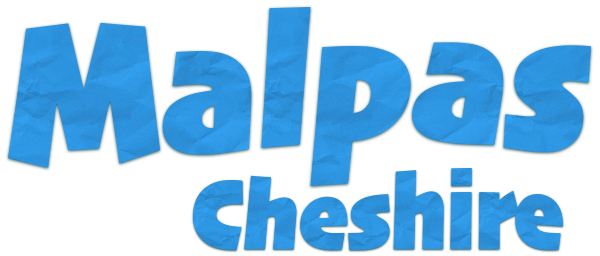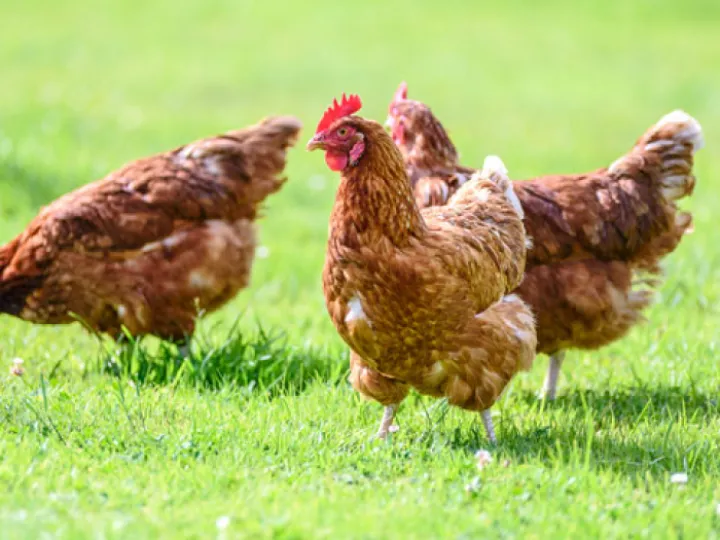Avian Influenza outbreaks


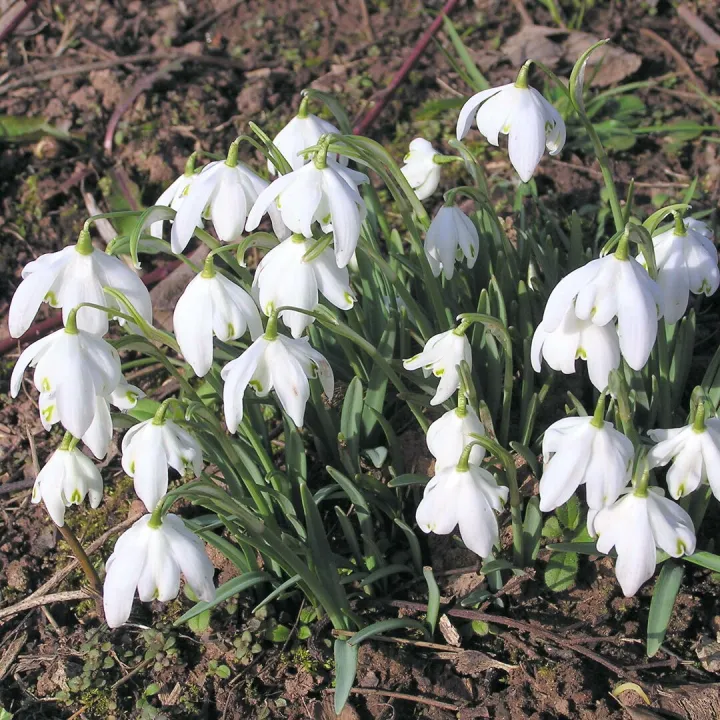

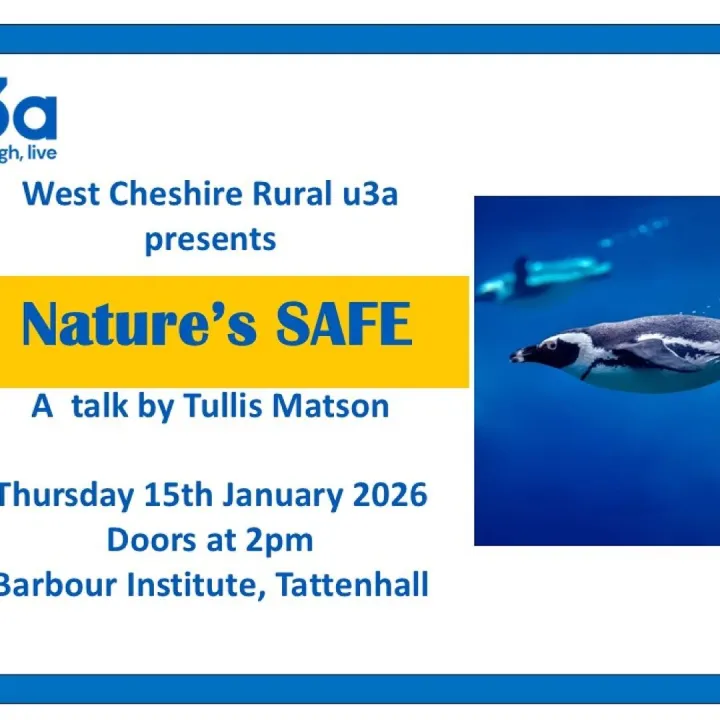

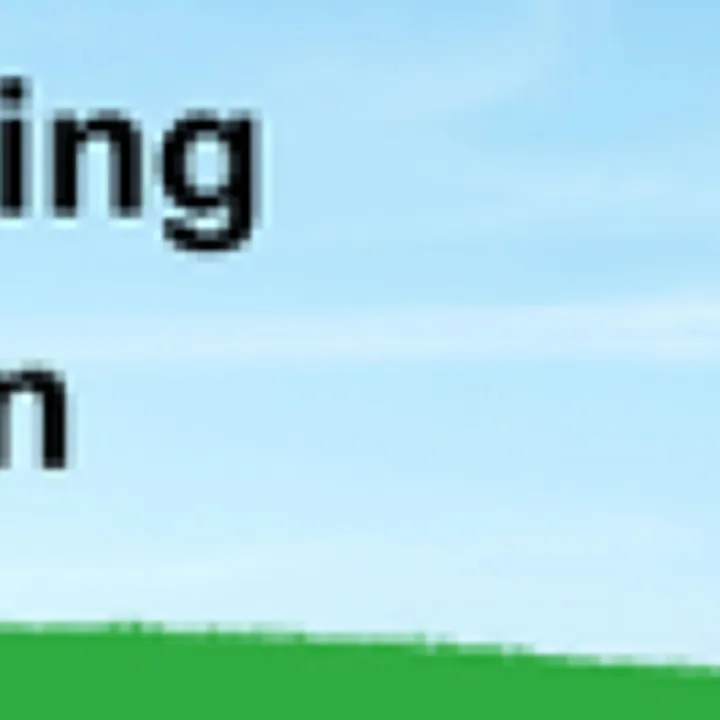
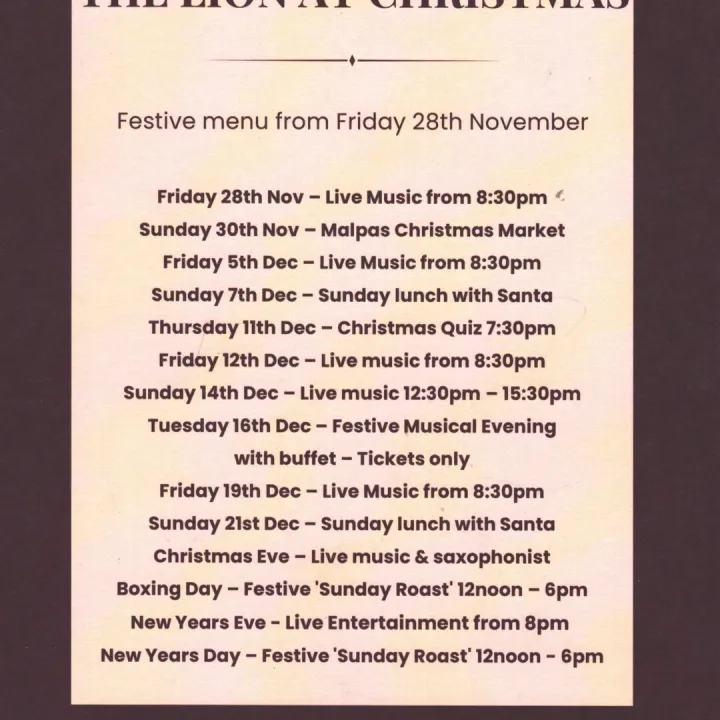
[Avian Influenza outbreaks
]
Local:
Premises near Frodsham, Cheshire
Avian influenza (HPAI) of the H5N8 strain was confirmed at a premises near Frodsham in Cheshire which rears broiler breeder chickens on 2 November 2020.
On the 3 November further testing confirmed this to be a high pathogenicity strain (HPAI H5N8).
A 3km Protection Zone and a 10km Surveillance Zone have been put in place around the infected premises to limit the risk of the disease spreading.
Public Health England (PHE) advises that the risk to public health from the virus is very low and the Food Standards Agency advises that avian influenzas pose a very low food safety risk for UK consumers.
Properly cooked poultry and poultry products, including eggs, are safe to eat.
Further details can be found here:
https://www.gov.uk/guidance/avian-influenza-bird-flu#movement-controls-and-licences
*The Animal and Plant Health Agency (APHA) are posting and tweeting about the latest updates on Avian influenza.
Gov.uk news story – https://www.gov.uk/government/news/avian-influenza-bird-flu-national-prevention-zone-declared
Message from Department for Environment, Food and Rural Affairs (DEFRA)
Top lines:
- An Avian Influenza Prevention Zone (AIPZ) has been declared across the whole of England to mitigate the risk of the disease spreading
- This means it is a legal requirement for all bird keepers to follow strict biosecurity measures.
- The risk level of avian influenza incursion in wild birds in Great Britain has been raised from 'medium to 'high' following two unrelated confirmed cases in England this week and increasing reports of the disease affecting flocks in mainland Europe.
- Public Health England has confirmed that the risk to public health is very low and the Food Standards Agency has said that bird flu poses a very low food safety risk for UK consumers.
- Bird keepers should remain alert for any signs of disease, report suspected disease immediately and ensure they are maintaining good biosecurity on their premises.
- Avian Influenza is in no way connected to the COVID-19 pandemic which is caused by the SARS-CoV-2 virus which is not carried in poultry.
Biosecurity actions for poultry keepers (both commercial and recreational/back yard keepers)
The prevention zone means bird keepers across the country must:
- Ensure the areas where birds are kept are unattractive to wild birds, for example by netting ponds, and by removing wild bird food sources;
- Feed and water your birds in enclosed areas to discourage wild birds;
- Minimise movement in and out of bird enclosures;
- Clean and disinfect footwear and keep areas where birds live clean and tidy;
- Reduce any existing contamination by cleansing and disinfecting concrete areas, and fencing off wet or boggy areas.
The prevention zone will be in place until further notice and will be kept under regular review as part of our work to monitor the threat of bird flu.
Poultry keepers and members of the public should report dead wild birds to the Defra helpline on 03459 33 55 77 and keepers should report suspicion of disease to APHA on 03000 200 301.
Keepers should familiarise themselves with our avian flu advice.
Wild birds:
There have been a number of confirmed reports of avian influenza in wild birds including geese and swans in the Netherlands and northern Germany in recent weeks.
These wild birds are all on the waterfowl flyway from breeding grounds in western Russia, where the H5N8 strain was reported in poultry in mid-October.
- Wild birds migrating to the UK from mainland Europe during the winter period can spread the disease to poultry and other captive birds.
- All bird keepers and members of the public are being urged to prevent direct or indirect contact with wild birds.
- Public Health England (PHE) advises that the risk to public health from the virus is very low and the Food Standards Agency advises that avian influenzas pose a very low food safety risk for UK consumers.
- Properly cooked poultry and poultry products, including eggs, are safe to eat.
Chief Veterinary Officer Christine Middlemiss said:
"It is important now more than ever that bird keepers ensure they are doing all they can to maintain and strengthen biosecurity measures on their premises to prevent further outbreaks.
"Public Health England has confirmed that the risk to public health is very low and the Food Standards Agency advises that bird flu poses a very low food safety risk for UK consumers.
"We ask that people continue to report findings of dead wild birds so that we can investigate the extent of infection."
Sarah Dobbins
Senior Localities Officer
Cheshire West and Chester Council
Quick Links
Village Map
Get In Touch
MalpasOnline is powered by our active community.
Please send us your news and views using the button below:
